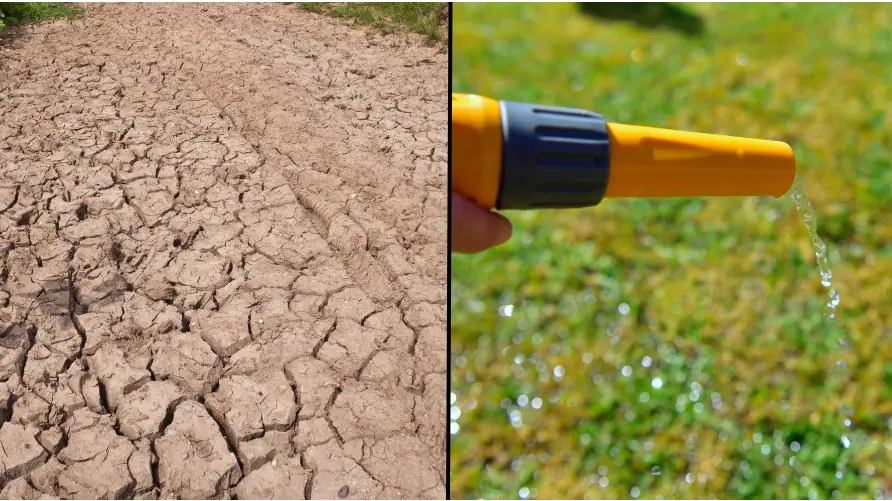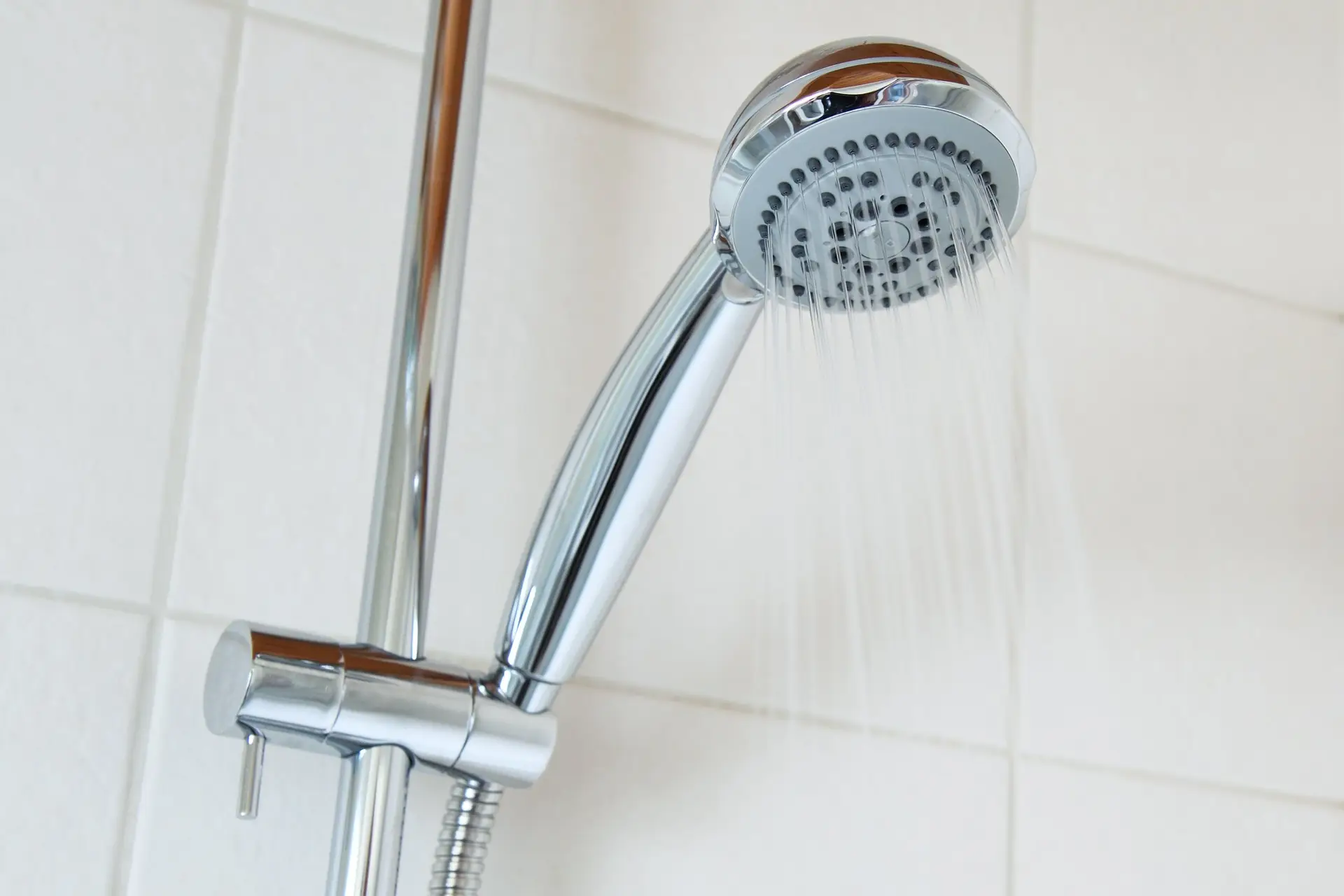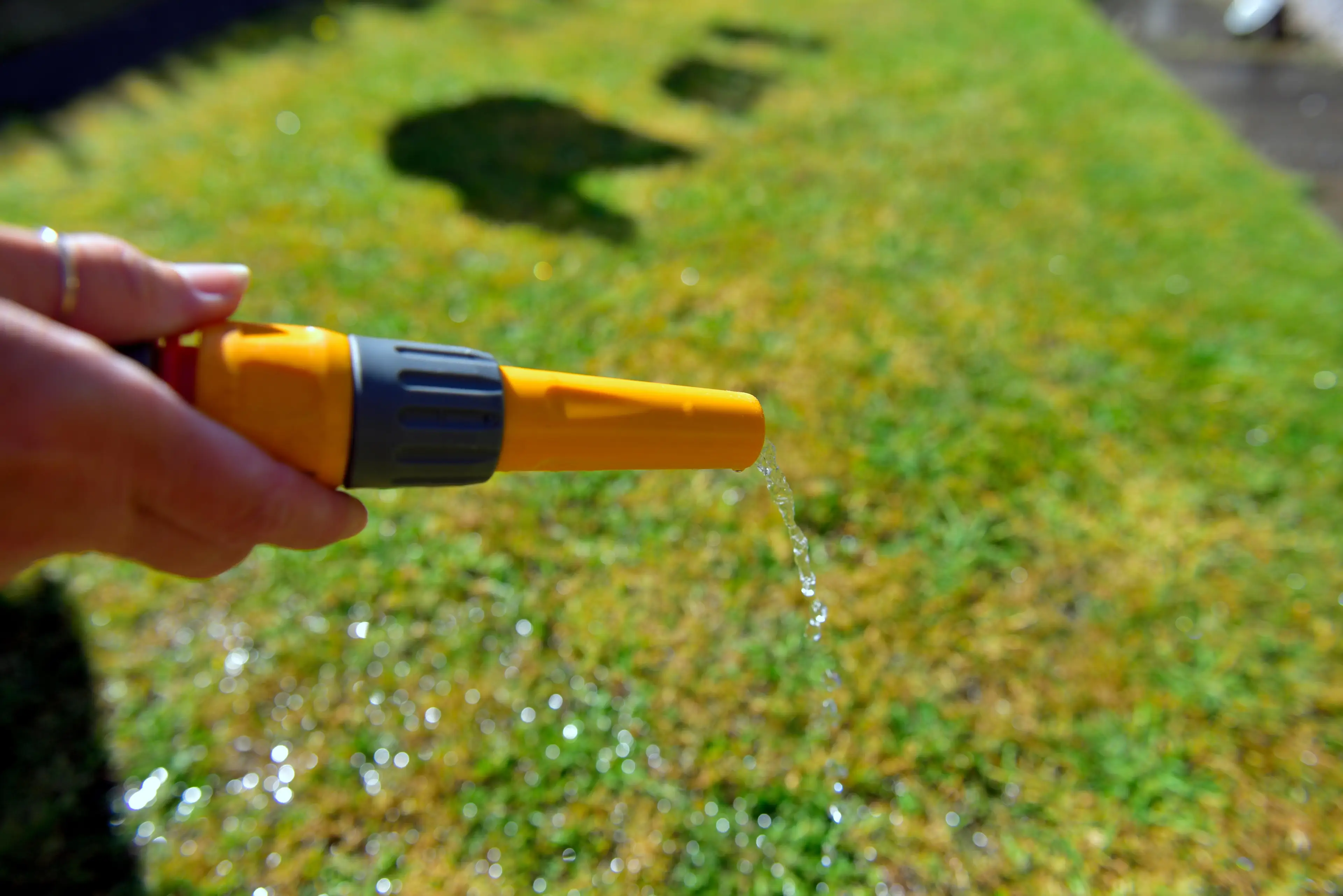
Seven parts of England could run out of water by 2030, a home improvement company has warned following new research.
The Environment Agency has previously warned that England risks running short of water by 2040, but new analysis has found that some regions could be affected even earlier.
New analysis from Kingfisher, which owns a number of home improvement brands including B&Q and Screwfix, has found that seven English regions are predicted to be ‘seriously water stressed’ by 2030.
Advert
The company says the impending change is driven by ‘climate change and population growth’, and warned that it will only continue to rise across the country.
The research – which was conducted in partnership with economics consultancy Cebr2 - found that water usage in the home has risen two percent since 2017/18, despite government targets to significantly reduce it.
Kingfisher said Brits ‘significantly underestimate’ how much water they use per day, claiming they believe they average just 57 litres, compared to really using around 144 litres.

As such, there are seven areas set to become under threat from running out of water in as few as several years:
- West Midlands
- London
- Parts of the South West
- East Midlands
- East of England
- South East
A survey conducted by Kingfisher revealed that over half of Brits (54 percent) admit to leaving the tap on while brushing their teeth, rising to 70 percent in London - one of the regions most likely to face future water stress.
40 percent of Brits also said they shower for eight minutes or longer, with the average shower head using 12 litres of water per minute, while 41 percent admitted they run their dishwasher when it is not fully loaded.
Thierry Garnier, CEO of Kingfisher, said: “Across Europe, we are experiencing more extreme weather, leading to increasing water scarcity in many regions.
“As the impact of climate change becomes more apparent, measures such as hose pipe bans are set to become much more common, with increasingly strong measures needed to reduce demand.
“We all have a role to play in conserving water. Making simple and affordable changes in our homes can have a huge impact, from installing water butts to collect rainwater for the garden to fitting tap aerators or low-flow shower heads.

“Governments can also help by encouraging the rollout of smart water meters and supporting the public to be more informed about water.
“By taking action now, we can put our water usage on a more sustainable path and safeguard this essential resource for the future.”
Kingfisher also shared some its top water-saving tips:
Bathroom
- Shortening your showers – reducing your shower from eight minutes to five can save up to 30l of water.
- Turn the tap off when brushing teeth – a running tap wastes approximately 6l per minute.
- Upgrade your toilet – Consider switching to a dual flush toilet with two buttons allowing different quantities of water flow, including a lower option that typically uses 4-6l of water per flush. Alternatively, install a cistern displacement device, which can save up to 5,000l of water a year and are often available free of charge from water companies.
- Install low flow shower heads – these can save up to 60l of water per shower.
- Fit a tap aerator - The small, cheap device mixes water with air, reducing the flow while maintaining the water pressure. You can also buy taps with aerators already fitted.
Kitchen
- Fill it up - Make sure your dishwasher or washing machine is fully loaded so that you make the most of the water being used, avoiding pre-rinsing dishes.
- Use a washing up bowl – If washing up by hand, use a bowl in the sink rather than continuously running the tap.
- Upgrade to a water-saving tap – Taps designed to be water efficient can use up to 40 percent less water than a normal tap.
Garden
- Install a water butt – You can collect and store rainwater to use in your garden.
- Use a watering can – Watering the garden with a hosepipe can use 1,000l of water an hour, more than 12 baths. If you are using a hosepipe, attaching a trigger nozzle will halve the amount of water used and help direct the flow to the root of your plants.
- Pick drought-resistant plants – Choose plants that need less water, such as lavender or poppies.
- Reduce evaporation – Using mulch and bark in your garden to help reduce water evaporation by up to 75 percent. Minimise evaporation by watering in the early morning or late evening, allowing the water to soak into the soil and reach plant roots.
Topics: UK News, Global Warming